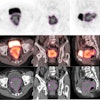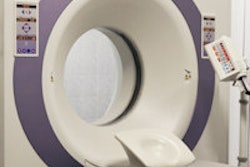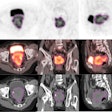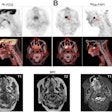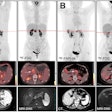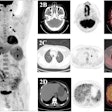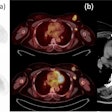Patients with early-stage non-small cell lung cancer (NSCLC) who are otherwise healthy do better over time when they undergo conventional surgical treatment rather than radiosurgery, according to a new study presented on Wednesday at the American Society for Radiation Oncology (ASTRO) meeting in San Francisco.
Using Medicare billing records from 1,078 U.S. lung cancer patients ages 67 and older, Yale University researchers looked at long- and short-term complications and outcomes from both surgery and stereotactic body radiotherapy (SBRT) in a wide variety of practice settings. The findings generally supported the current practice of treating healthier NSCLC patients with surgery rather than radiosurgery.
However, the researchers were surprised by how much better the surgical patients did over the long term, according to lead author Dr. James Yu. The surgical patients had a relatively high rate of complications and death during the first three months, but they fared much better than radiosurgery patients after 12 months. While surgery may be associated with infections and complications in the short term, patients healthy enough to undergo it seem to live longer, he said.
As for study limitations, it could be that patients who underwent surgery had a more accurate assessment of the spread of disease than those who did not, skewing the results, the group cautioned. Also, it can be difficult to determine definitively that surgical patients were healthier than radiosurgery patients at the time of the procedure, the authors noted.



